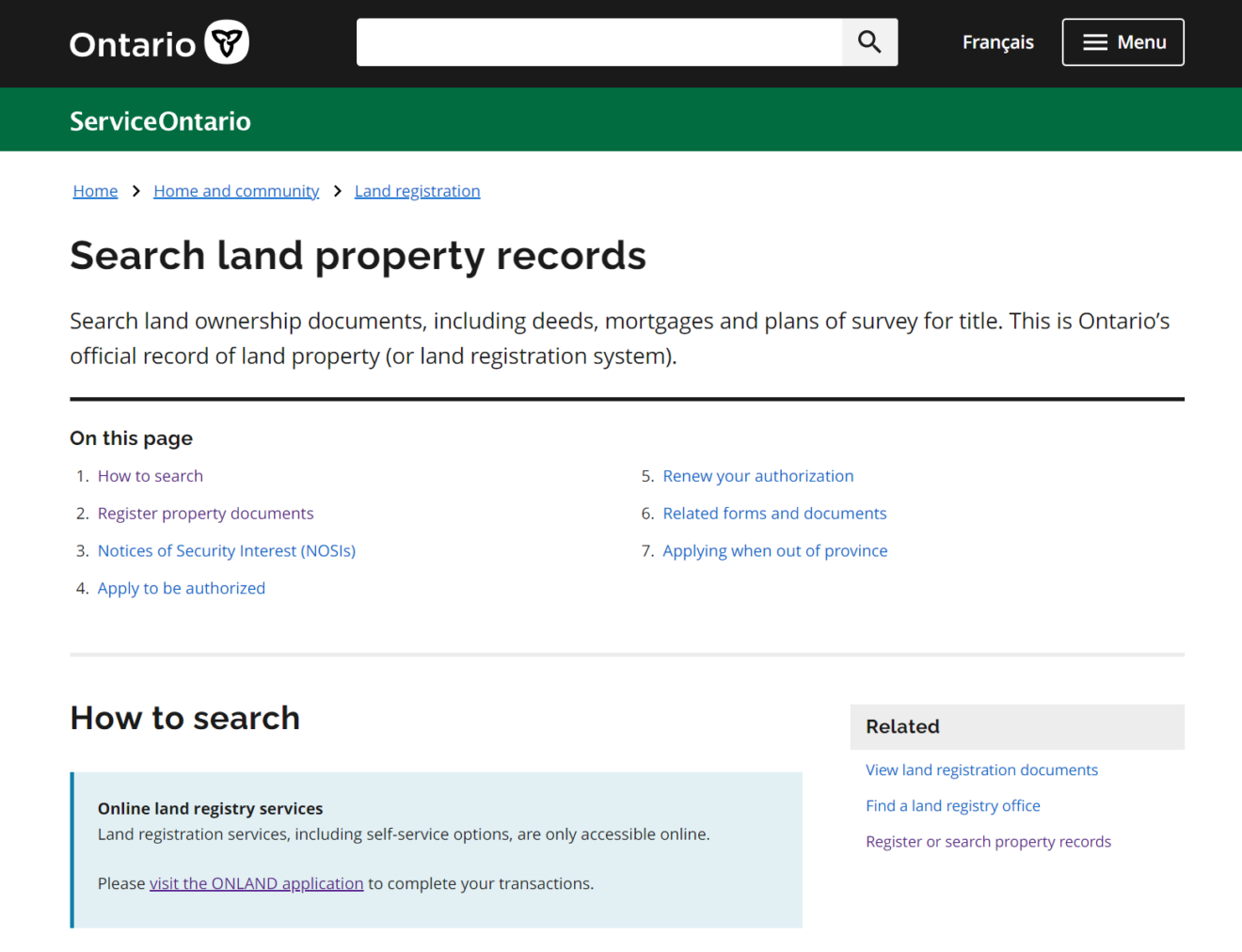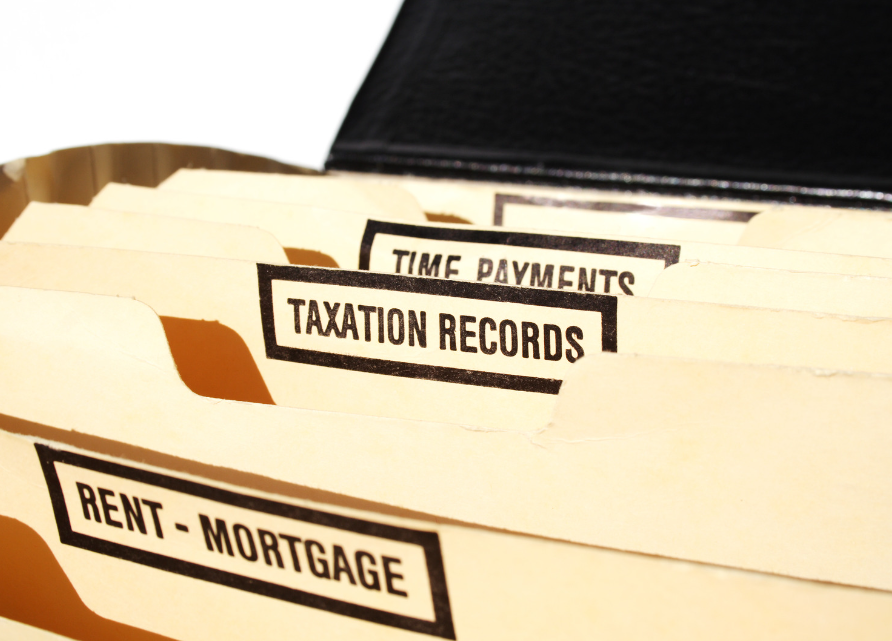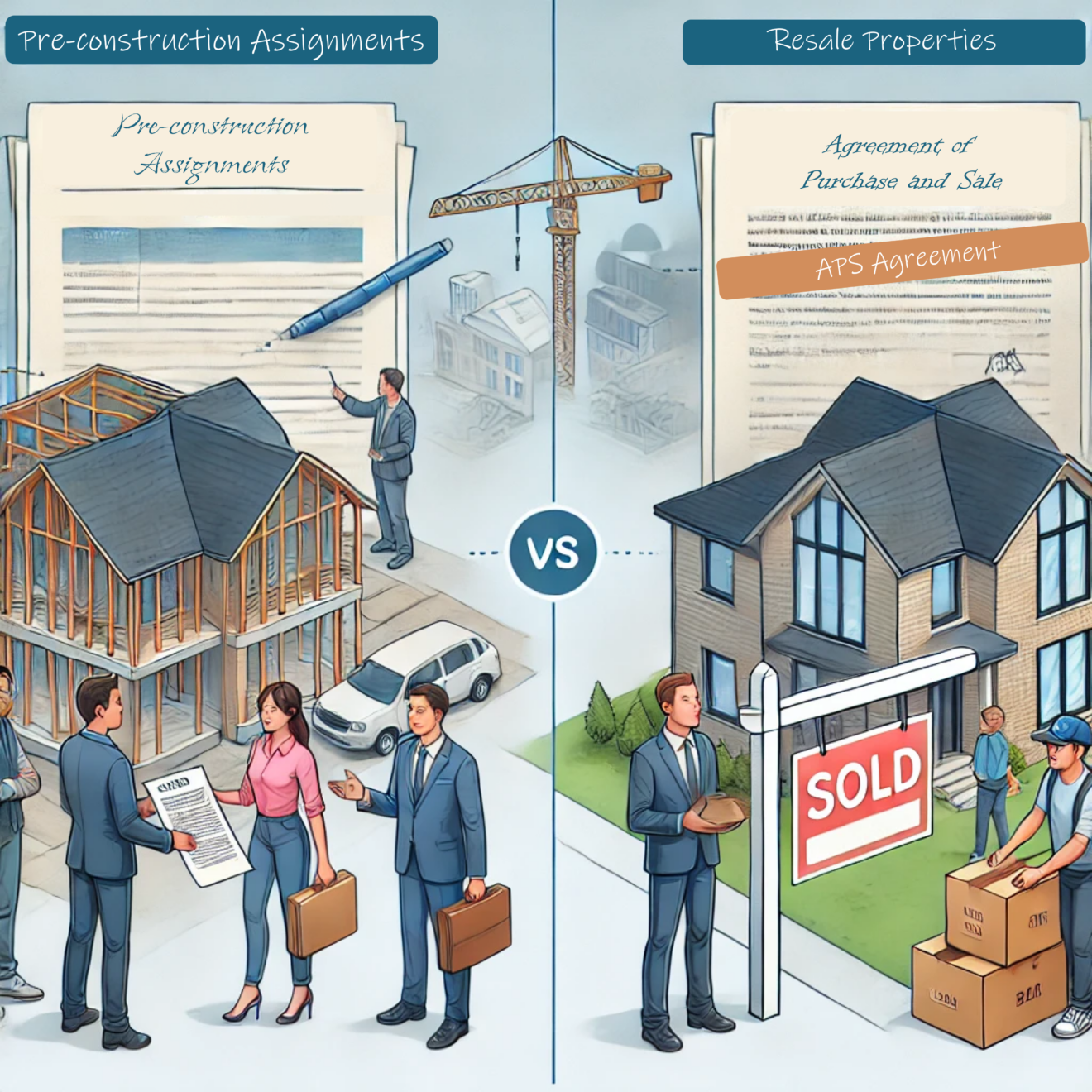
What is Title Search
A title search involves reviewing public records to verify and confirm the legal ownership of a property. This process includes examining various sources, such as deeds, tax liens, land records, and court judgments. Typically performed by title companies, title searches can also be requested by individuals or businesses to identify any potential claims or liens on a property. Ensuring a clear title is essential for completing any real estate transaction, as the presence of a lien revealed during a title search can prevent the transaction from proceeding.
Reference: Chen, James. “Title Search: What It Is, How It’s Done, and Title Insurance.” Investopedia, 29 Mar. 2005, https://www.investopedia.com/terms/t/titlesearch.asp.

How to search
In Ontario, visit Ontario Land Property Records Portal to complete your transactions. For more information please read through this Ontario government website.
Common Title Issues:
- Covenants: These are agreements or restrictions placed on the property, often set when the home was initially built. For example, there may be an agreement with the municipality that the property cannot be used for certain purposes, or that the exterior appearance of the home must remain unchanged.
- Easements: Easements typically refer to the right of others to use a portion of the property. For instance, if there is a public park or beach adjacent to your home, and the only access is via a path on your property, an easement might exist allowing neighbors to pass through.
- Right of Way: A more specific type of easement, Right of Way often involves utilities companies having the right to install and maintain infrastructure like pipelines or cables on your property.
- Equitable Charge: This usually indicates that the property developer has an agreement with the local government to collect fees related to the surrounding streets or community.
Warning Signs in a Title Search:
- Liens: A lien indicates outstanding debts associated with the property. This could include unpaid property taxes, condo fees, or debts owed by the developer. All liens must be cleared before the property can be transferred to a new owner.
- Encroachments: This occurs when part of the property infringes on a neighbor’s land, which could lead to legal disputes. It’s crucial to resolve any encroachments before finalizing the sale.
- Judgment: This is a serious issue, indicating that the property owner or the property itself is involved in a legal dispute, such as a debt or marital issue that has reached the courts. Buyers must ensure these are cleared before proceeding.
- Financial Charges: These refer to any mortgages or loans secured against the property. If the seller has multiple loans from different lenders, they must settle these before transferring the property to the buyer.

Your Industry Experts
We’re here to help. Whether you’re an agent or a client, we have the support and expertise you need to thrive in your next endeavour.





Leave a Reply